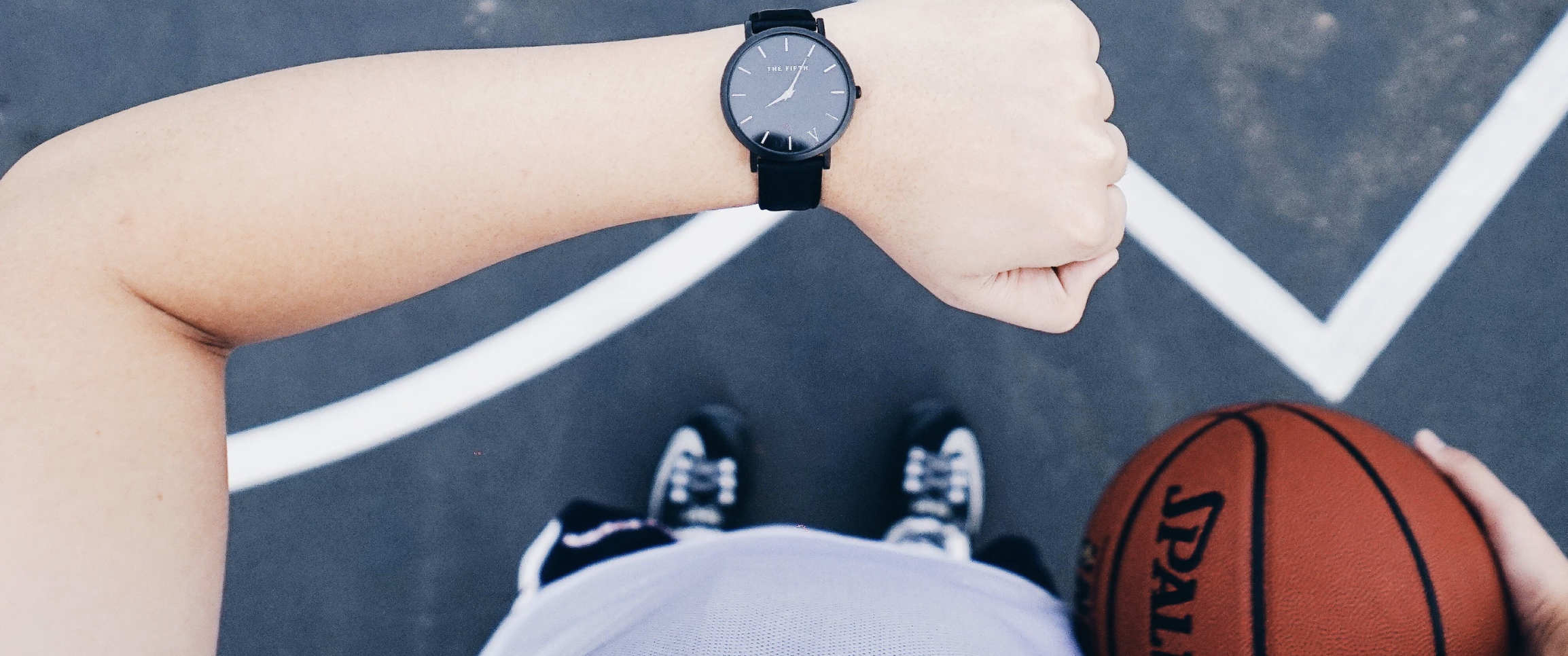Elite athletes spend hours at the gym. They watch their fluid intake carefully, and they monitor their vital statistics closely — all to improve their performance. Now it’s time to add another routine to the training regime: a daily nap. Common sense backed by solid science shows that getting a good night’s rest is essential to peak performance. There’s now compelling evidence that the same is true of naps.
A landmark study conducted by Cheri Mah at the Stanford Sleep Disorders Clinic and Research Laboratory showed that elite college basketball players improved performance on the court by increasing their total amount of sleep time. Mah’s study found that top athletes who extended their sleep time improved their sprinting and shooting performance as well as reaction time and mood.
Most athletes are familiar with the rest and recovery cycle their muscles need as a part of a well-crafted strength training regimen. A workout routine that doesn’t allow for recovery stalls progress. Sleep also has a recalibration effect on both the body and the mind, allowing athletes to achieve peak performance levels and enabling greater focus, which can be just as important as physical strength.
Mah’s groundbreaking research emphasized the benefits athletes get from more sleep overall, but naps in particular can help improve performance. Athletes who are traveling or have their normal routines and circadian rhythm disrupted by early morning training sessions or competitions can recover with a short daytime nap, according to research cited by the Gatorade Sports Science Institute.
Researchers found that athletes who napped for 30 minutes performed better in 20-meter sprints. Studies have also found that short naps reduced athletes’ feeling of sleepiness, improving alertness and cognitive functioning. These findings are significant for athletes of any type — mental acuity and sharpness can provide an edge in competition across the board.
Professional sports organizations understand how important sleep is to performance. A Bleacher Report article highlighted a new emphasis on sleep at elite football clubs (soccer in the U.S.), noting that “sleep could be the next frontier of sports science.” The article also mentioned that top clubs are adding sleep scientists to their staff and providing “sleep pods” players can use to recharge while conditioning.
MetroNaps, makers of EnergyPod, the world’s first chair that was designed specifically for napping in the workplace, counts many elite athletic organizations among its clients, including professional and college-level football, baseball and basketball teams. Olympic athletes also use EnergyPods, with napping facility installations already in use for teams located in Canada and Australia.
In addition to the proven physical and cognitive benefits of more sleep, a daily nap can reduce stress, which is also incredibly important for athletes. A Medicine & Science in Exercise & Sports study cited in a recent Thrive Global article noted that psychological stress lowered “endurance athletes’ ability to withstand pain” — and as the saying goes, “no pain, no gain.”
There’s also evidence that a short daytime nap improves confidence, another trait top athletes need. A Department of Behavioral Sciences study at Hiroshima University found that young adults who took a 20-minute mid-afternoon nap were less sleepy, performed tasks more accurately and had greater self-confidence than peers who didn’t take a nap.
So, the message is clear for people who aspire to elite athlete status (and those who are invested in athletes’ training and care) — get more sleep. It not only improves physical performance and cognitive functioning, it helps athletes recover more quickly and gives them a confidence boost. To get an edge at the elite level, athletes need to sleep like a pro.


